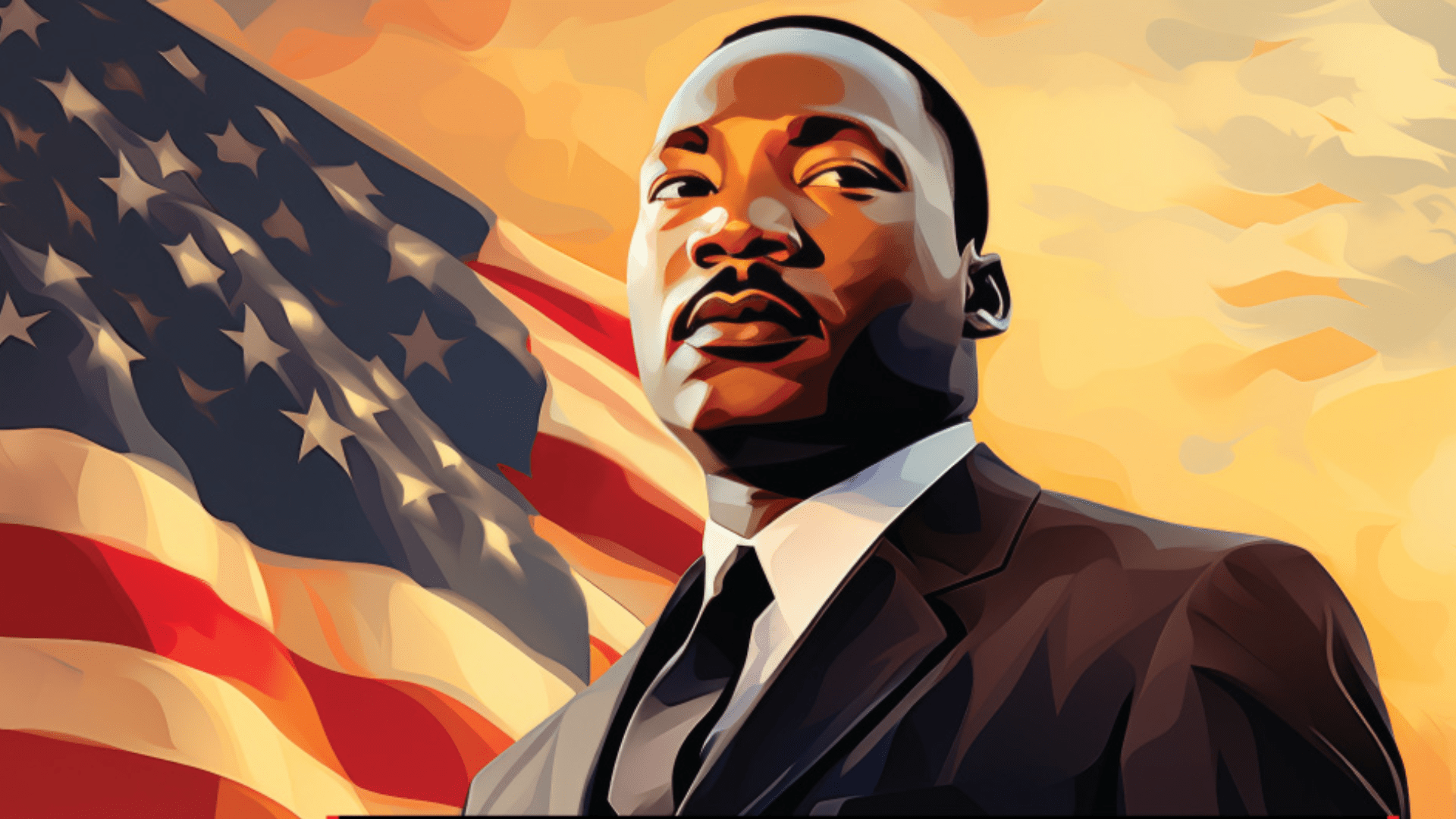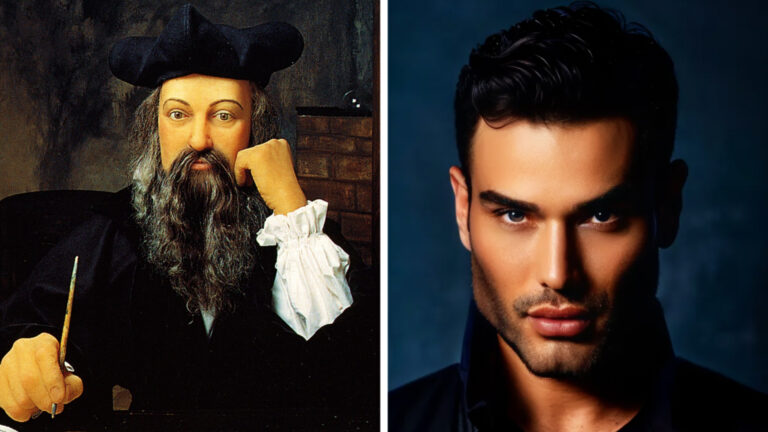The Powerful Legacy of Dr. Martin Luther King Jr. and the Celebration of MLK Day

Martin Luther King Jr. remains one of the most influential figures in the history of the United States, with his dedication to social justice and equality having left a lasting impact. Each year, his legacy is honored on the third Monday of January, known as Martin Luther King Jr. Day. This day not only serves to commemorate the life of the civil rights leader but also promotes a day of service and community involvement.
King’s work to combat segregation and promote equality through peaceful means earned him the Nobel Peace Prize in 1964, marking him as a global symbol of nonviolent resistance. As the only non-president to have a federal holiday dedicated to him, King’s life and efforts continue to resonate with people of all backgrounds, inspiring action toward justice and change. On MLK Day, federal offices close, and citizens participate in volunteer activities aimed at improving their communities.
Credits: News Worthy
The Origins of Martin Luther King Day
The holiday is specifically tied to Dr. King’s birthday, January 15, 1929. However, due to the Uniform Monday Holiday Act, which was signed into law in 1968 by then-President Lyndon B. Johnson, the observance of MLK Day occurs on the third Monday of every January, rather than on his actual birthday. This allows for a long weekend for federal workers and ensures that the holiday is consistently observed on a Monday, creating more opportunities for public participation.
In 2024, MLK Day coincides with the inauguration of a new presidential term, an occurrence that has happened only twice before—in 1993 with Bill Clinton’s second term and in 2009 with Barack Obama’s first term. Despite the historical significance of this alignment, it is the message of unity and service that remains the primary focus of the holiday.
Martin Luther King Day as a National Day of Service
MLK Day has been designated as a national day of service, encouraging individuals to volunteer and contribute to their communities. It’s a day when people across the U.S. participate in events that reflect the values King championed—equality, justice, and the power of collective action. Local communities host volunteer programs, and national organizations like the King Center in Atlanta offer various activities to honor King’s memory and continue his work.
The NAACP also hosts its annual King Day event, where prominent figures come together to celebrate Dr. King’s vision. These celebrations emphasize that his teachings continue to inspire activism, especially in the areas of racial equality, social justice, and community empowerment.
The Struggle for a Federal Holiday
The push for a federal holiday honoring Dr. King began immediately after his tragic death in 1968. Despite overwhelming public support, it took nearly 15 years for activists to successfully secure the holiday. President Ronald Reagan signed the bill into law on November 2, 1983, making the third Monday in January a federal holiday. The holiday was first observed on January 20, 1986, and has been celebrated ever since as a testament to the ongoing fight for equality and justice in the U.S.
Reflecting on Dr. King’s Legacy
Dr. King’s assassination in 1968 shocked the nation, but his message continues to resonate. At the time of his death, King was only 39 years old. Had he lived, he would be turning 96 this month. His legacy not only shaped the Civil Rights Movement but also laid the groundwork for many of the social justice efforts that continue today.
As we celebrate MLK Day, it is essential to remember Dr. King’s profound impact on the country and the world. His commitment to nonviolence and his vision of a fairer, more just society remain at the heart of the day’s observance, making it a time for reflection and action in pursuit of equality for all.
Credits: NewsWorthy
Are Federal Offices Closed on Martin Luther King Day?
Since MLK Day is a federal holiday, federal offices will be closed, and federal employees will receive a paid day off. Many schools, libraries, and some private companies also observe the day with various events or closures. It serves as a reminder that Dr. King’s work is not just historical but remains an ongoing challenge for all to continue striving toward a better future.






